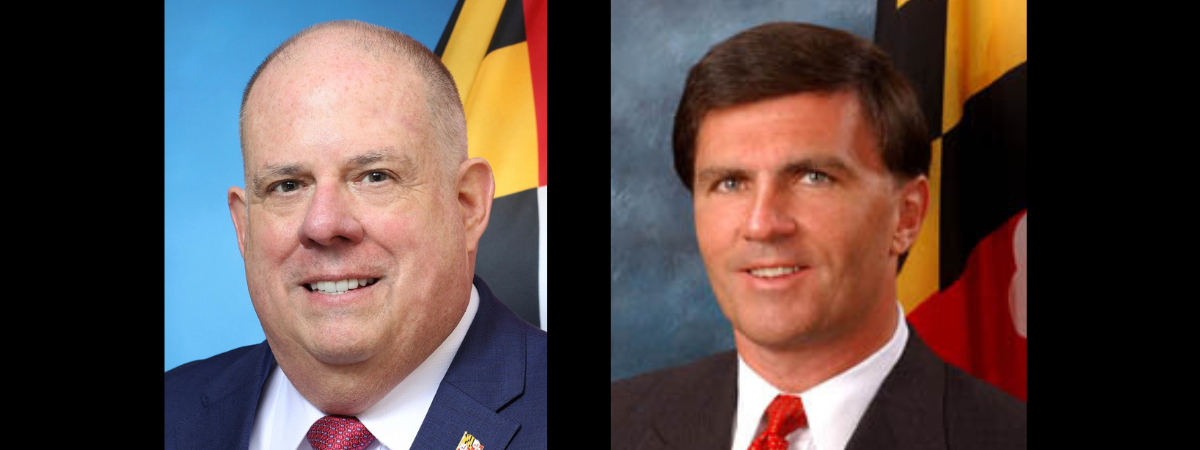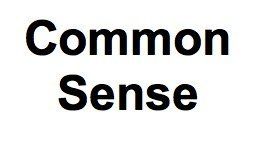Election Surprises — A Bumper Crop

Back in June, a Common Sense article on the importance of voting responsibly said, “Let’s look at the presidential race. The fact is that one of two men, Joe Biden or Donald Trump, the Democrat or the Republican — barring some unforeseen event — will be the next president of the United States.”
That phrase about unforeseen events was prophetic — though the part saying it will be the Democrat or the Republican who wins in November is probably still true. Probably.
We’ve had more than the usual quota of the unforeseen during the last two months. Politics is always subject to the unexpected, but this year seems to have produced a bumper crop of surprises.
First, a lacklusterdebate performance by Biden — caused in part by a severe cold — sent a wave of panic through Democratic elected officials and voters. The perception that 81-year-old Biden was “too old,” which was already being peddled by Republicans, took on strength — although their own candidate, at 78, is hardly a young man. After that debate, serious news outlets including the New York Times began calling for Biden to end his campaign.
Then, a 20-year-old sniper fired into the crowd at a Trump rally in Butler, Pa. — killing one and wounding several more, including the former president. The injury to Trump — a nick on the right ear — was a few inches from being a fatal head shot. A flood of speculation and conspiracy theories followed, fueled by the fact that the shooter, who was killed by police, was unavailable to provide hard facts about his motivation for the assassination attempt.
And then, just after the Republican National Convention came to an end, President Biden announced that he was ending his re-election campaign, and endorsed Vice president Kamala Harris to take the top spot in the Democratic ticket. The response by most Democrats was enthusiastic, while the Trump campaign, which had geared its strategy to attack Biden, was caught unprepared. What a surprise! After pushing the line that he was too old to run, they weren’t ready for him to take them at their word.
Following all these events, the election campaign we thought we were in store for in early June has been replaced by something quite different. After Biden’s withdrawal, the Republicans are faced with the question whether their own candidate is “too old to be president.” Trump’s rambling, nearly incoherent performances on the campaign trail haven’t made that question any easier for them to answer.
Harris’s background as a prosecuting attorney should give her the debating skills to take on her opponent far more energetically than Biden did in the June debate. Possibly in recognition of that fact, Trump at first refused to take part in the debate scheduled for September 10 on ABC News. Instead, he proposed a September 4 debate sponsored by Fox News, where he probably felt he can escape tough questions and fact-checking. Then, on August 8, he reversed course and agreed to the ABC debate, plus two more at unspecified dates. One wonders if his advisers convinced him that ducking out of a debate made him look like a “chicken” — something totally at odds with the image he has cultivated.
For her part, Harris has made it clear she wants to debate Trump, calling for him to “say it to my face” after some of his remarks, and she has said she is willing to debate Trump — in his words — “anywhere, anytime, anyplace” in addition to the originally scheduled September 10 debate.
Meanwhile, JD Vance, the Republican nominee for vice president, probably seemed a safe choice when the prospective opponent was Biden. A Christian conservative, Vance seemed likely to shore up the Republican base in an election where a significant number of voters were unhappy with both presidential choices. Now, Vance’s record of outright sexist comments risks alienating a significant number of voters, especially the swing voters who are likely to be the deciding factor in a close election. Democrats are gleefully pointing out these gaffes. On the other hand, it’s not clear how many voters are comfortable — even in 2024 — with the idea of a woman president. Trump’s defeat of Hillary Clinton in 2016 was a surprise to many.
Harris’s choice for vice president is Minnesota Governor Tim Walz, a popular progressive from a midwestern state. A military veteran and a former high school teacher, Walz served six terms in Congress from a district that previously had elected only two Democratic representatives since before the Civil War. He is expected to add to the ticket’s appeal in neighboring rural states the Democrats need to win in November. Walz has been on the reported shortlist for the position since it became open, so his selection doesn’t qualify as a surprise.
That doesn’t rule out something unexpected, though. It wasn’t that long ago that John McCain and his advisers saw Sarah Palin as an asset to their ticket, though most commentators thought otherwise after the election. The 1972 Democratic ticket initially had Missouri Senator Thomas Eagleton as George McGovern’s running mate, but he dropped out after the revelation that he was seeing a therapist for depression. Things have changed enough that this probably wouldn’t disqualify a candidate today.
With just over two months until the November 5 election, there’s still room for more surprises. In fact, the “October surprise” — some unanticipated last-minute revelation — has been a fairly regular feature of presidential elections as far back as October of 1840, when federal prosecutors charged Whig party officials with a scheme to have Pennsylvania residents illegally vote in New York state.
More recent examples include Lyndon Johnson’s announcement of a bombing halt in Vietnam the weekend before the 1968 election in an unsuccessful attempt to boost Hubert Humphrey’s candidacy, or the 2016 announcement by then-FBI Dir. James Comey that he was investigating Hillary Clinton’s emails. Who knows how much those October surprises affected the final results? And who knows what the respective campaigns may pull out of their sleeves by October of this year?
Still, the next president of the United States will be Kamala Harris or Donald Trump, barring some unforeseen event. Stay tuned for the next big election surprise. It’s sure to come.
Peter Heck is a Chestertown-based writer and editor, who spent 10 years at the Kent County News and three more with the Chestertown Spy. He is the author of 10 novels and co-author of four plays, a book reviewer for Asimov’s and Kirkus Reviews, and an incorrigible guitarist.
Common Sense for the Eastern Shore







